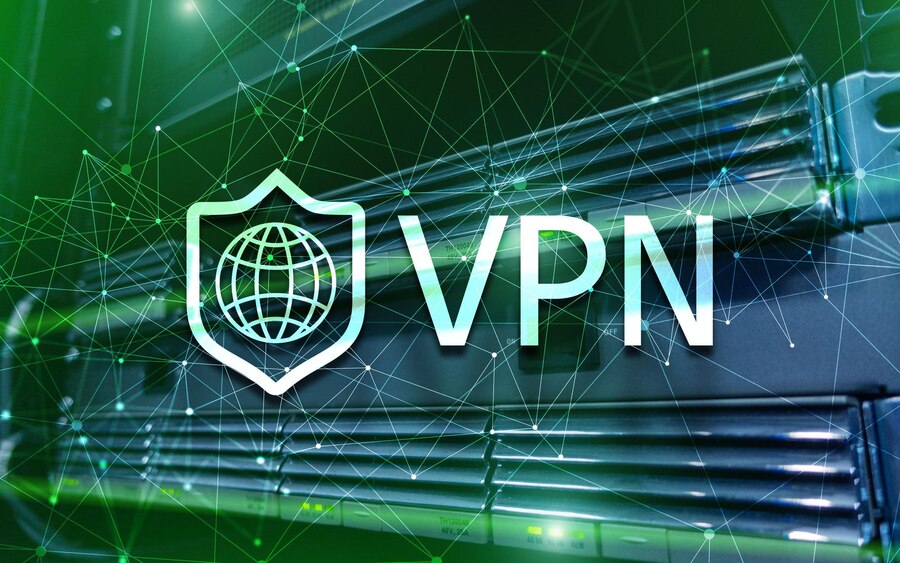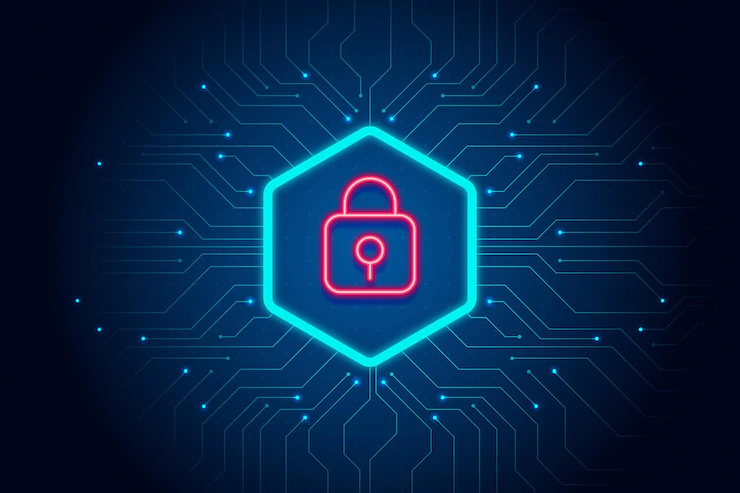How Do Residential Proxies Work?
5 Mins Read
Published on: 01 December 2022
Last Updated on: 09 November 2024

toc impalement
The inner workings of residential proxies and their differences from data center ones are the most common questions about them. You can learn more here on how residential compares to data center proxies.
We’ll cover how residential proxies work by looking into their definition, the origin of IPs, legality, and use cases. Knowing how proxies work is the only sure way to make an informed decision before purchasing.
Defining Residential proxies
As with all proxies, residential ones are intermediaries forwarding your requests to the world wide web. Once you use a proxy, your device first connects to its server, which allows you to hide your identity by changing your IP address. It’s a string of numbers that uniquely identifies every device on the internet.
The nature of IP addresses defines residential proxies as a different type of intermediary. Unlike data center proxies, VPNs, or other tools, residential connections are based in ordinary homes and work with physical devices.
Most likely, the internet connection you are using right now is residential and set up by your internet service provider (ISP).
Residential IP addresses are assigned to every household as unique identifiers of their location. If you move to live somewhere else, your IP address will change.
Every time this happens, ISP must verify the IP, and all websites on the internet can see that this particular address is tied to a certain location.
So, residential proxies are a type of intermediary which uses IPs verified by an ISP and run on physical devices. All this makes residential proxies the most legitimate type, as their uniqueness can be traced back to a certain ISP and location. In addition, most internet traffic is residential, so it’s easier to blend.
The origin of residential IPs

An obvious question here is how proxy providers get hold of residential IPs to use for their proxy network. In general, there are two methods they achieve it – one is legitimate and ethical, while the other one is unethical and, in some cases, even illegal.
Most frequently, providers partner up with individuals or third-party services to gain access to devices connected to residential IPs. Special software is run on such devices which allows establishing connections with proxy users to mask their original IP addresses. This method is quite costly as every partner must be compensated for the access.
For this reason, many illegitimate proxy services have emerged in recent years. They try to cut costs by accessing devices without the knowledge of the owners. Often, it involves hacking the devices with malware or other means. Another common illegitimate source of residential IPs is illicit online services.
Free movie streaming platforms, proxies, VPNs, pirated software, apps, torrents, and other similar services can be used to infiltrate devices. By using such services, you risk giving away access to your IP address, so it can be used as a residential proxy for others.
Free or untrustworthy and suspiciously cheap residential proxy providers must be avoided at all costs. They can leak access to your IP address or get you in legal trouble for exploiting hacked devices. Legitimate proxy providers do not have any of these dangers but there are still some legal aspects you should consider.
The legal aspect of residential proxies
In general, the use of residential proxies is legal. However, in some countries, they are not well-defined and might be restricted to an extent. European Union (EU) is an exceptional case as the general data protection regulation (GDPR) defines IP addresses as personally identifiable information.
So, hiding your IP and setting up residential proxy networks is legal in the EU. Other countries, such as the United States, do not have laws regarding IP addresses on a federal level. However, separate states have laws like California Consumer Privacy Act (CCPA), which regulates this industry.
Most restrictions on proxy use are present in authoritarian countries, such as China or Russia, where it can be treated as a felony. In western countries, restrictions for residential proxies are only present in the service agreements of some ISPs. Luckily, they do not apply to the common use for hiding your IP address.
Main benefits of residential IPs

The legitimacy of residential proxies cannot be overstated. No other proxy type can provide unique and ISP-verified IP addresses. They are best for blending in with the rest of the visitors and keeping your identity hidden. The number of CAPTCHA’s, blocks, and other restrictions is the lowest while using residential IP addresses.
Location accuracy is of the highest level with residential proxies. Other proxy types, such as datacenter, can only target locations on a country level, while residential IPs can make it possible to choose from cities. This is possible because residential connections are backed by physical devices and contracts with ISPs.
Flexible pricing is a common feature of most residential proxies. With them, you will pay only for the traffic you actually send and receive through the proxy server. The number of connections (also known as threads) is unlimited, so you can accomplish many small tasks while not paying much.
Good applicability is why most users choose residential proxies for important tasks. While other proxy types have higher risks of bans, residential proxies can accomplish all traditional proxy tasks proxies. Even more, in some cases, residential IPs are the only right choice.
- Accessing geo-restricted content on websites and e-commerce stores requires accurate location from ordinary households.
- Collecting data (web scraping) from websites with strong defenses is only possible with the highest legitimacy or residential IPs.
- Managing multiple social media accounts requires accurate location targeting and unique residential IP addresses.
- Monitoring SEO undetected on competitor’s websites or search engines is guaranteed only with residential proxies.
In conclusion
All in all, residential proxies work as intermediaries by routing your connection through residential IP addresses verified by ISPs.
Not all providers can be trusted in sourcing their IPs ethically. Those who provide a legitimate service can bring you many benefits spanning from the high legitimacy of IP addresses.
Read Also:


















Comments Are Closed For This Article